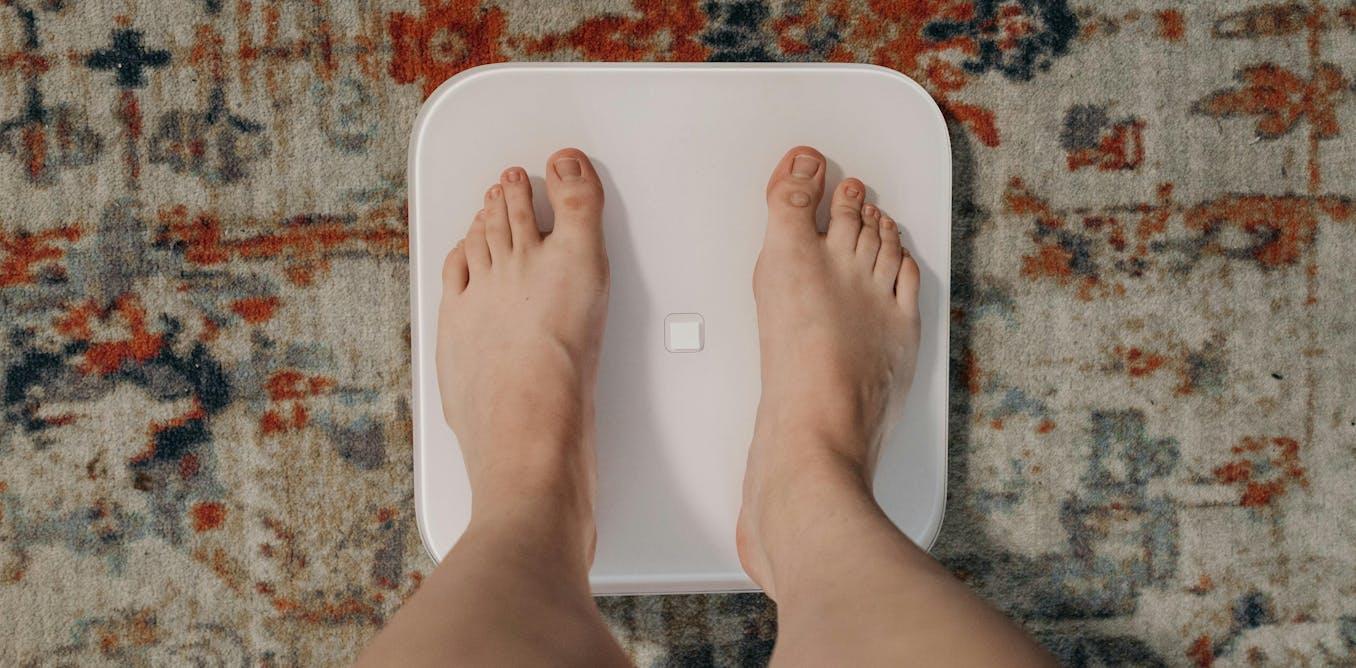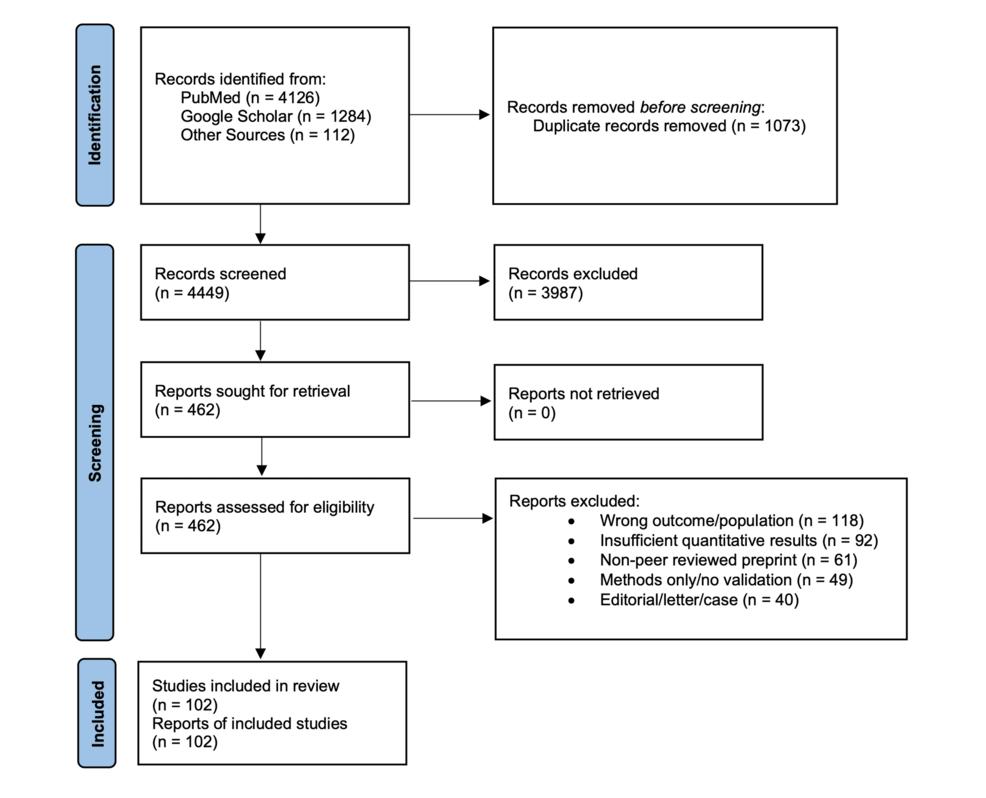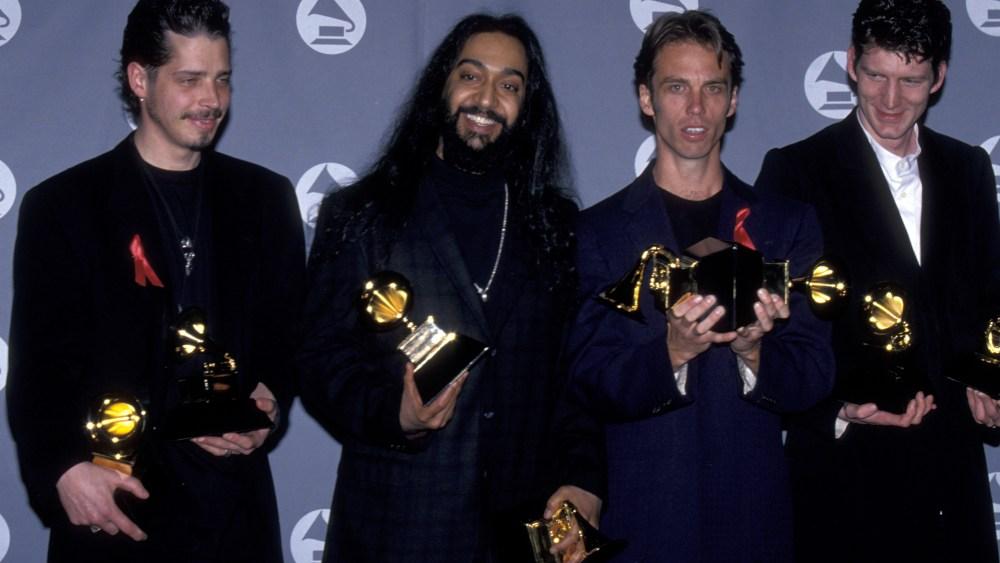The evolutionary science of weight recovery revealed.
For decades we've been told that losing weight is a matter of willpower: eat less, move more.But modern science has proven that this is definitely not the case.
More on that in a moment.But first, let's go back a few hundred thousand years to look at the earliest human ancestors.Because we can blame many of our weight problems today on our ancestors in the past - perhaps the right case is to blame the parents.
For our early ancestors, body fat was a lifeline: too little may mean hunger, too much could slow you down.With the time, the human body was remarkable good to watch his energy reserves through complex biological defenses wired in the brain.But in a world where food is everywhere and exercise is optional, the same systems that once helped us survive uncertainty now make it difficult to lose weight.
When someone loses weight, the body reacts as if it poses a threat to survival.Hunger hormones rise, food cravings increase, and energy expenditure decreases.These adaptations have evolved to improve energy storage and use in environments where food availability fluctuates.But today, with our easy access to cheap, high-calorie fast food and sedentary routines, the same adaptations that once helped us survive can cause us some problems.
As we have found in our recent research, our brains also have powerful ways to maintain body weight - and they can remember "what weight was not there before. To find our ancient ancestors, this means that if they lost weight in difficult times, their bodies will be able to "return" its normal weight in good times at the right time.
But for us modern humans, our brains and bodies remember being overweight as if our survival and life depended on it.So effectively, when the body is heavy, the brain treats overweight as the new normal — a level it feels compelled to defend.
The fact that our bodies have this ability to "remember" our previous heavier weight helps explain why so many people gain weight back after dieting.But as science shows, this weight gain is not due to lack of discipline;instead, our biology is doing exactly what it evolved to do: protect against weight loss.
This is where weight loss drugs like Wegovy and Monjaro offer new hope.They work by mimicking gut hormones that tell the brain to suppress appetite.
But all the people respond to those drugs.For each other, which effects can stay at the most rest to them, and other among people, the struck hadn't throbbed in all parts.It is often a regular basis of the career, Biology Rests to restore him and sadness.
Preventive measures of obesity and metabolism may alter future treatment times for the first time and reverse treatment times.
Research also shows that good health is not the same as "good weight".Exercise, good sleep, a balanced diet, and mental health can all improve heart and metabolic health, even if the numbers on the scale go down.
whole-of-society approach
Of course, obesity is not just an individual problem: a society-wide approach is needed to truly address the root causes.And research suggests that a number of preventative measures can make a difference: investing in healthier school lunches, reducing the sale of junk food to children, designing neighborhoods that prioritize walking and biking over cars, and restaurants with standard food portions.
Scientists are not limited to keys.
In fact, research suggests that parental diet, infant diet, and early lifestyle can influence how the brain controls appetite and fat storage throughout the years.
If you want to lose weight, there are still some things you can do by focusing more on sustainable habits with Crash Diets and all.For example, prioritizing sleep can help regulate your appetite and improve blood sugar levels and heart health through regular activity, even walking.
Therefore, obesity is not a personal failing, but a biological condition shaped by our brains, genes and the environment in which we live. The good news is that advances in neuroscience and pharmacology offer new treatment options, while prevention strategies can change the landscape for future generations.
So if you've been struggling to lose weight and keep it off, know that you're not alone and it's not your fault.Boute is a sincere opponent.Ober with science, medicine and smarter.
This article was moderated by VIDNEskab.dk as part of the dialogue partnership.You can read the Danish version of this article here.








